Finding out that your child has been sexually abused or exploited is a heart-breaking discovery for any parent, and can leave you with more questions than answers. Here, we set out some of the most commonly asked questions. But remember, there are a number of specialist organisations that can give you one-to-one, expert advice on how you and your child can come to terms with what has happened.
I’ve just found out my child is being abused or exploited. What should I do?
The most important thing to remember is that you are not to blame and nor is your child. Only the person who carried out the abuse is to blame. This can be particularly traumatic if the abuser is someone close to the family.
You may be worried that you, your child or your family will be judged badly or get into trouble. But the most important thing is to take action. Organisations like Stop It Now! PACE, NSPCC and Children First's support line also help worried parents like you day in, day out. You can also contact services in your local area – our page on getting support and the Upstream website have links to help.
Child sexual abuse and exploitation isn’t something that you need to deal with alone. It involves serious crimes and should be reported to Police Scotland or Social Work whose trained experts will provide advice, support and help you to keep your child safe. Our page on reporting concerns has more information.
Why didn’t my child confide in me?
There are many different reasons why your child might not have told you about the abuse – none of them are a reflection on you or your parenting skills. For example, your child may have:
- Been unaware that what was happening was wrong or abuse.
- Believed the abuser was a loving friend, boyfriend or girlfriend.
- Been unsure who to tell.
- Thought it happened too long ago to tell anyone.
- Been in denial that it actually happened.
- Found it difficult to talk about sex and relationships.
- Felt embarrassed, ashamed or scared of what the abuser might do if they spoke out.
- Been worried that no-one would believe them or that they would be judged or rejected.
- Been being blackmailed or feared for their own safety and that of the wider family.
- Become dependent on the abuser for money, alcohol or drugs.
- Been made to feel like they owed the abuser in some way.
- Wanted to avoid disappointing you.
The important thing is that you know now and can do something to help.
Is it normal for them to behave like this?
Each and every case of child sexual abuse and exploitation is different, which is why it’s so important to get one-to-one advice. However, if your child has suffered abuse from someone they once trusted you might find they have difficulty controlling their anger. They may become verbally and physically abusive, directing that anger at you and the rest of the family. Or they might display a whole mix of behaviours, reflecting on the outside how confused they feel on the inside.
Is it normal for me to feel like this?
Discovering your child has been sexually abused or exploited can make you feel many things: shocked, confused, scared, angry, helpless, even depressed. All of these are perfectly normal and understandable reactions.
What’s important is that you acknowledge how you are feeling and regularly share those feelings with someone you trust. The better you look after yourself, the better you’ll be able to look after your child and the rest of your family.
My child keeps shutting me out. Why?
Whether your child was unaware of what was happening or felt they had to keep their abuse a secret, they have a lot to think about and come to terms with. Until then, you may find that they don’t want to talk about it.
If they don’t want to talk, think about what you can do to show them that you still care for them. Some parents make sure their child always comes home to a hot meal. Others put a hot water bottle in their child’s bed at night, give them a cuddle and tell them they love them. Be patient, gentle but persistent.
It’s only natural that you’ll want to figure out ‘how this could have happened’, but this isn’t what your child needs. Try talking to them about their feelings rather than asking for details.
What else can I do in the meantime?
In addition to reporting the abuse, if your child does open up to you about their abuse, keep a note of each and every incident they mention: times, places, names, nicknames, events. Details such as these could prove very useful if their sexual abuse or exploitation was to be investigated further.
Will the abuse affect my child long-term?
Child sexual abuse and exploitation can cause long-term impact to the child or young person’s physical, sexual, mental and social health. But with support, children and young people can be helped to recover and achieve their full potential. So seek help early and make sure that any child sexual abuse or exploitation specialists working with your child are made aware of any ongoing concerns you have about their behaviour, for example, if they show signs of distress or are angry or withdrawn.
 Activities & Play
Activities & Play Behaviour
Behaviour Childcare
Childcare Development & Growing Up
Development & Growing Up Family, Friends & Relationships
Family, Friends & Relationships Feeding Your Baby
Feeding Your Baby Food & Eating
Food & Eating Health & Safety
Health & Safety Mental Health & Wellbeing
Mental Health & Wellbeing Money & Work
Money & Work Online Behaviour & Safety
Online Behaviour & Safety Pregnancy & First Days
Pregnancy & First Days School & Education
School & Education Sleep
Sleep

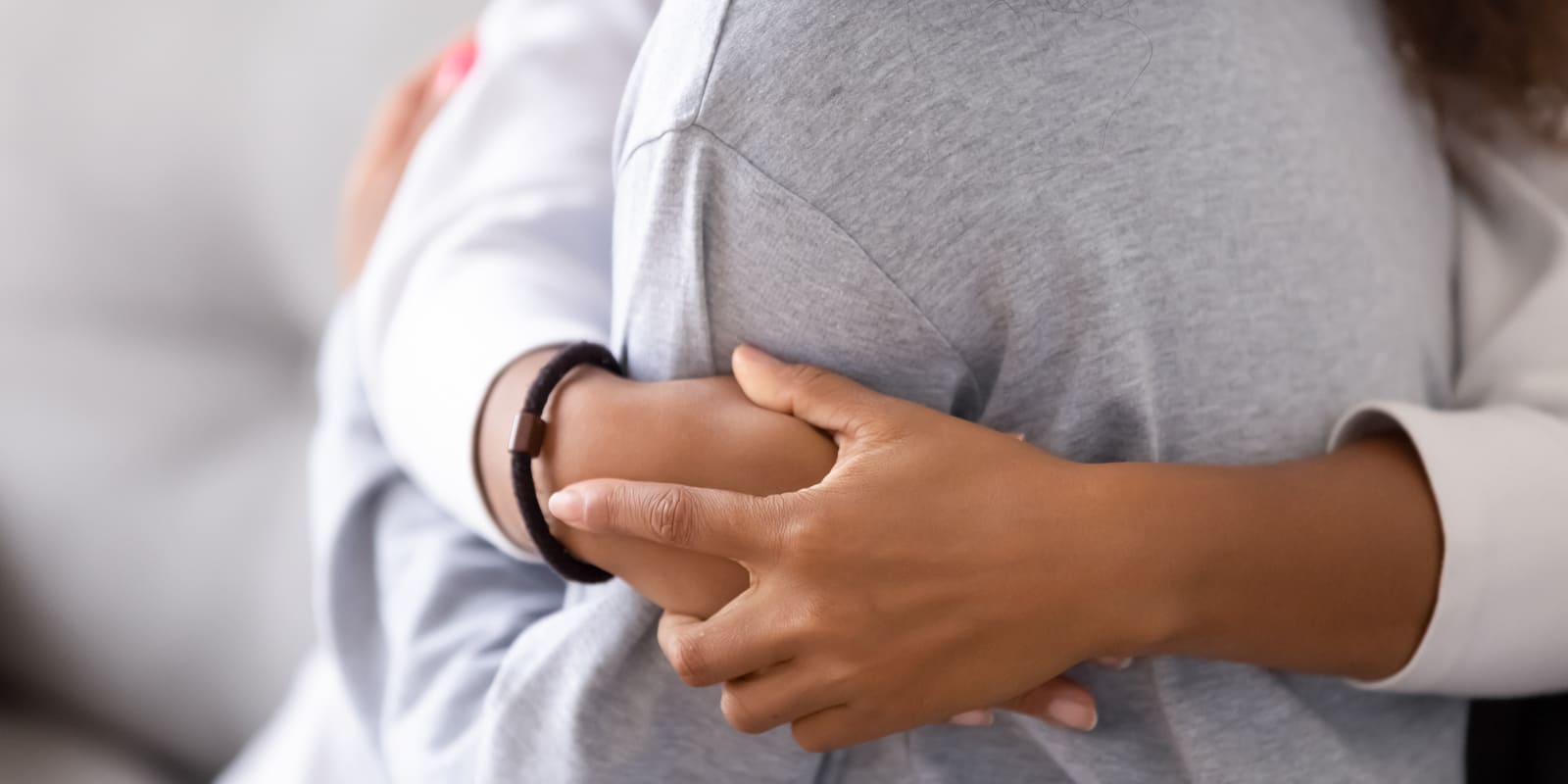
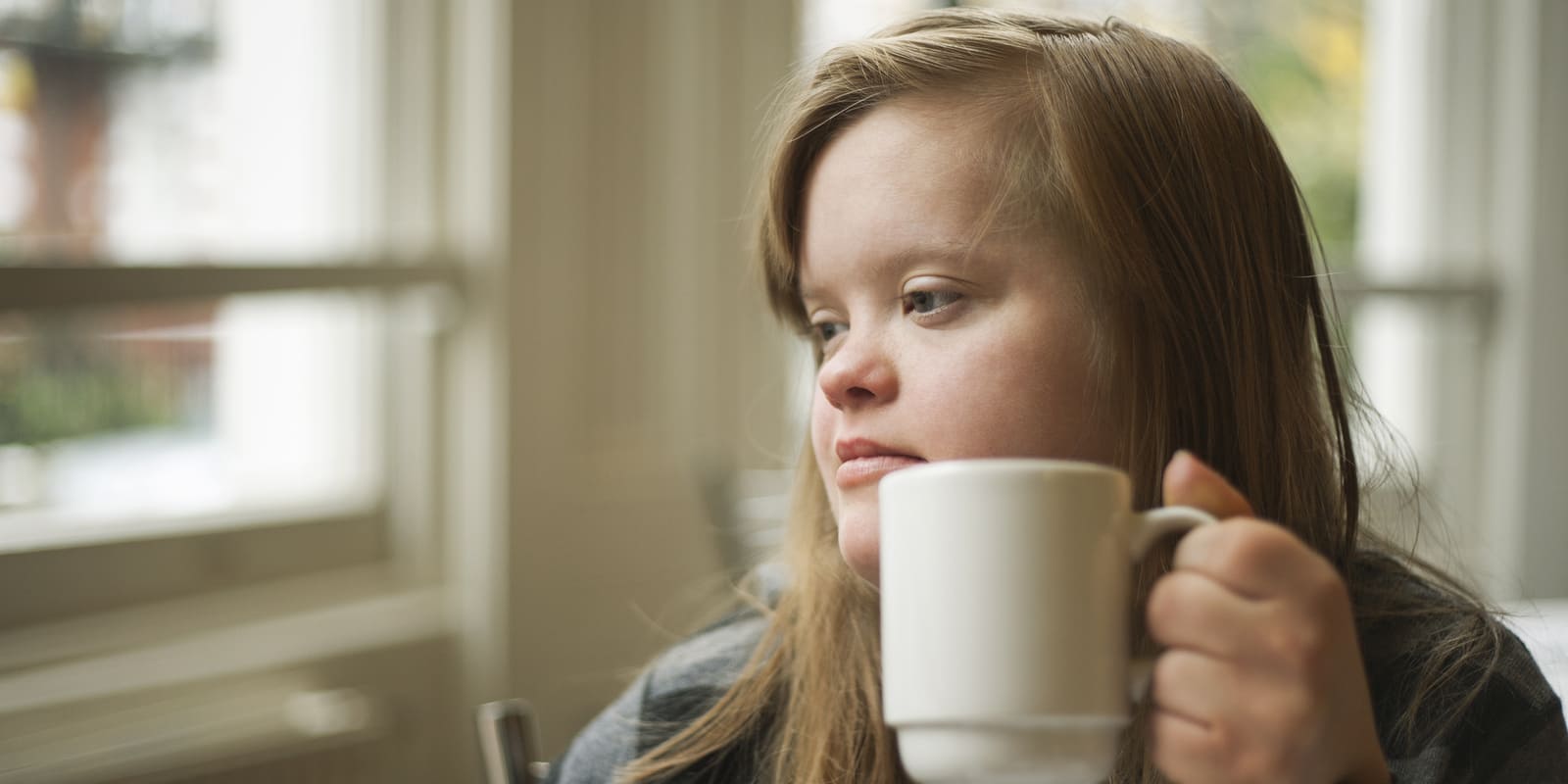


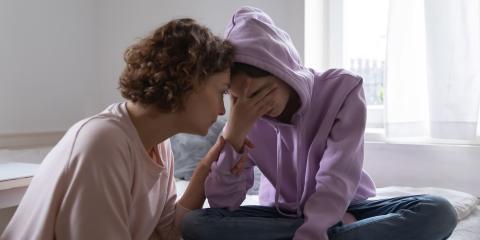
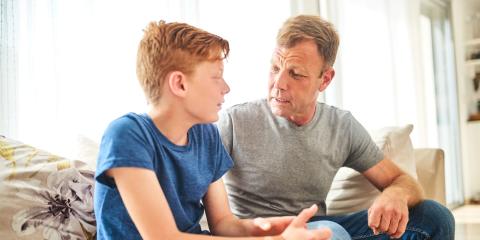

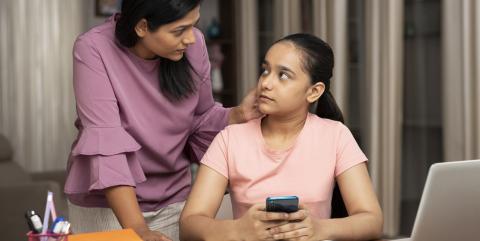
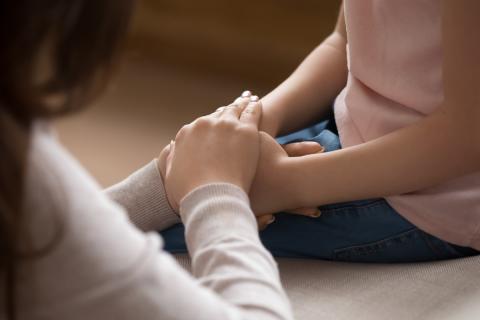
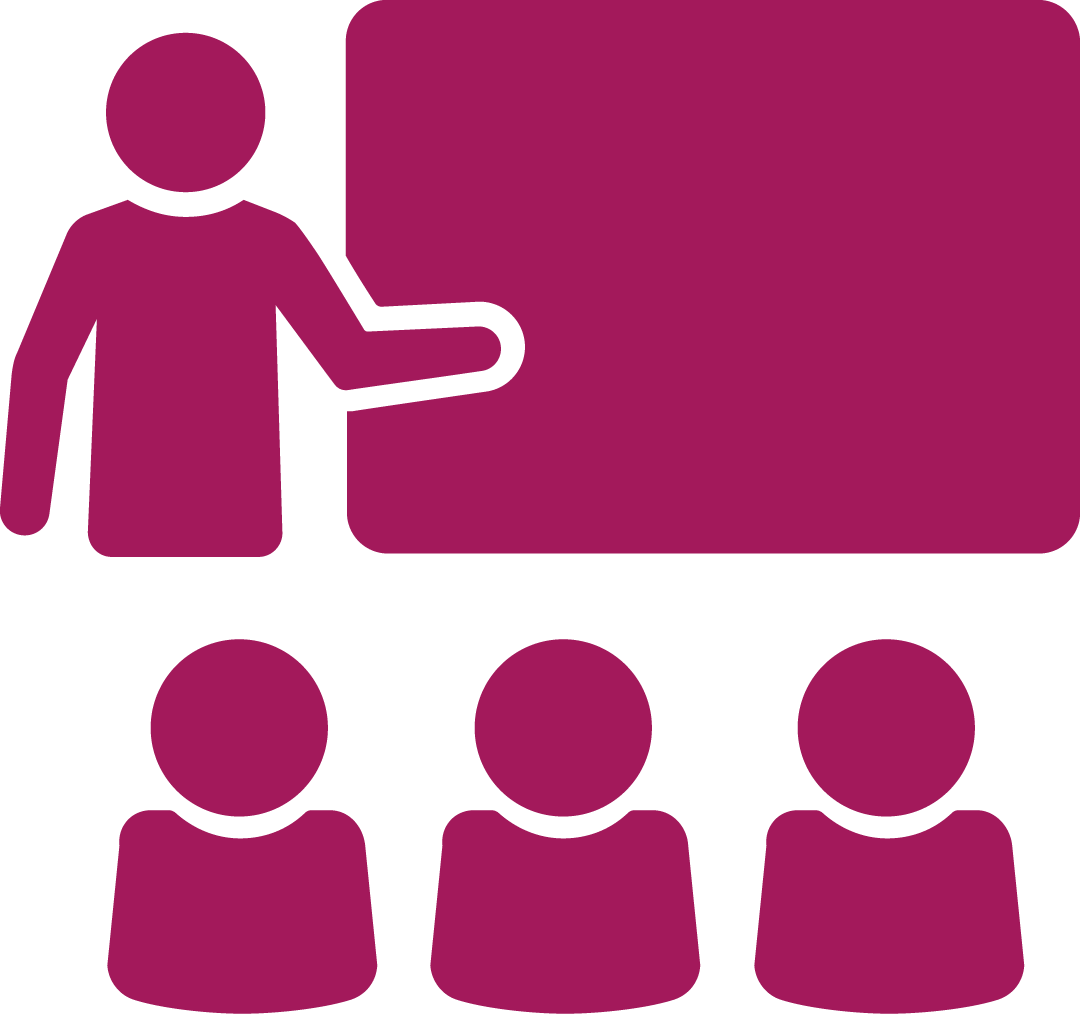 School & Education
School & Education
 Mental Health & Wellbeing
Mental Health & Wellbeing